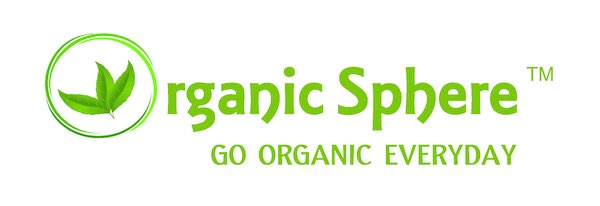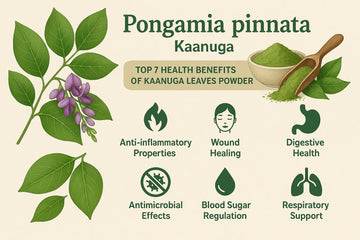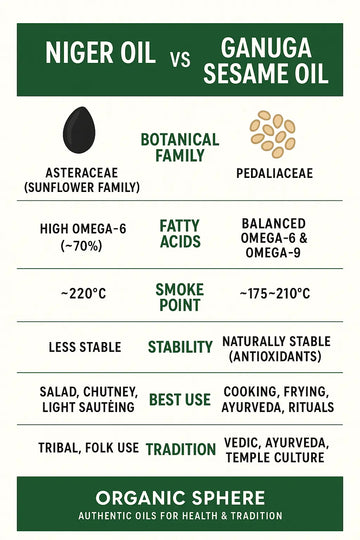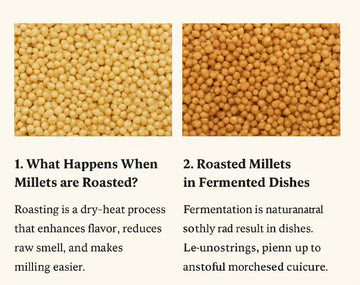Lauric acid is a saturated medium-chain fatty acid with the chemical formula C₁₂H₂₄O₂. It's also known as dodecanoic acid and is most famously found in coconut oil, palm kernel oil, and human breast milk.
🔬 Key Characteristics:
-
Type: Saturated fatty acid (12 carbon atoms)
-
Structure: CH₃-(CH₂)₁₀-COOH
-
Appearance: White, powdery solid at room temperature
🌿 Natural Sources:
-
Coconut oil: ~45–53% lauric acid
-
Palm kernel oil: ~45–55%
-
Human breast milk: ~6%
-
Also found in cow and goat milk in smaller amounts
⚙️ Health & Functional Benefits:
-
Antimicrobial & Antiviral Properties:
Lauric acid converts to monolaurin in the body, which can kill harmful pathogens like bacteria, viruses (e.g., herpes, influenza), and fungi. -
Medium-Chain Triglyceride (MCT) Role:
It is sometimes classified as an MCT, though it behaves more like long-chain fats in digestion. -
Energy Source:
MCTs like lauric acid are quickly absorbed and used by the liver for energy, rather than being stored as fat.
🏥 Common Uses:
-
Health supplements
-
Cosmetics and soaps (antimicrobial properties)
-
Infant formula
-
Food preservation
-
Functional foods (e.g., coconut oil)




